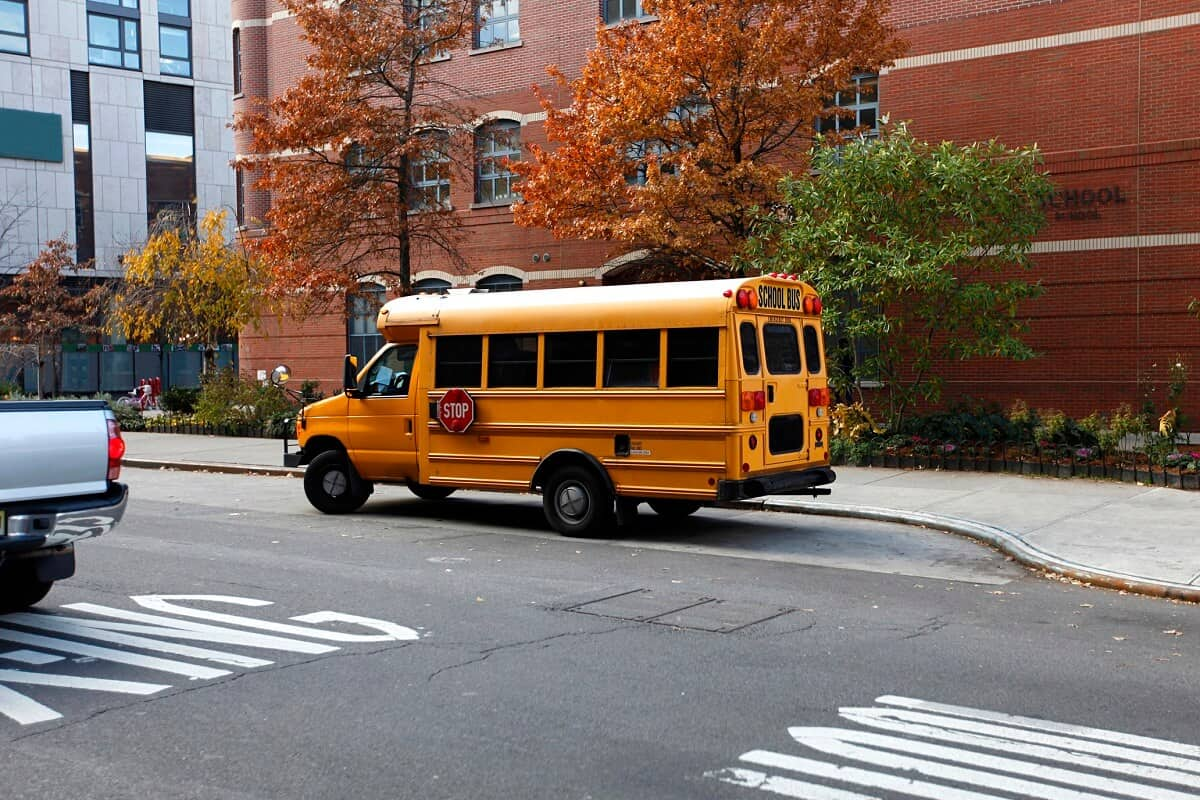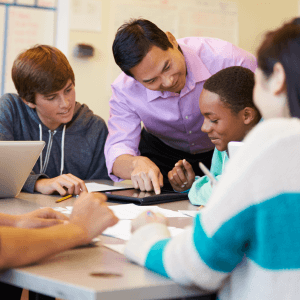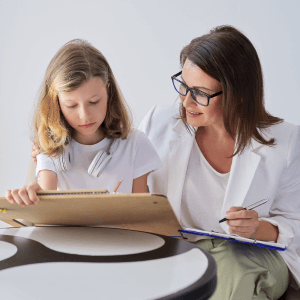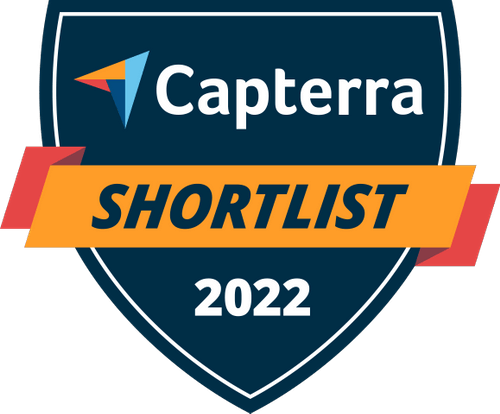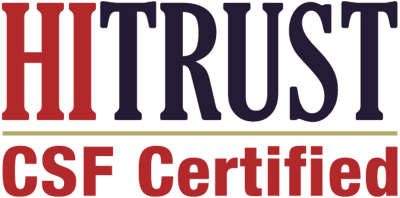We need to worry less about compliance and checking boxes and more about meeting the needs of children during this turbulent time.
Phyllis Wolfram
On April 15, 2020, RethinkEd brought together several of the nation’s leading experts in special education. The panel discussed the state of our field during the COVID-19 crisis and delved into issues facing special educators during this unprecedented time. I volleyed the panelists’ questions on everything from how we might begin to address ESY’s to the SEL implications of supporting students with disabilities through remote learning.
The advice given ran the gambit from covering the newly created CASE principles to how we should check in on the emotional wellness of students we cannot see. The panelists shared a wealth of technical information and several heartwarming suggestions for navigating this crisis together as a family of educators. Several common threads emerged during the panel discussion, but perhaps the most important is that we are all working tirelessly to support one another and the people we serve. The other consistent and compelling messages are as follows:
- First, make sure each child is safe and secure. Academic needs should take a backseat to the health and well-being of each child, both physically and emotionally.
- Children need predictable and structured schedules and learning environments during this time. Consistency of schedule and routine helps children to feel safe and secure.
- Educators must be vigilant in checking on their students’ social and emotional well-being. Without having children physically present in class, the traditional cues are gone and thus harder to track each student’s emotional health.
- Communication with parents is critical. Rely on input and guidance from them to understand their needs and level of comfort with home instruction. By reaching out often, we can collaborate with parents as true partners. Using these communication channels, we can avoid overwhelming parents as well as missing any new and pressing needs.
- Worry less about compliance and focus on the needs of each child. IDEA did not anticipate nor plan for COVID-19 and a few timelines and checkpoints may be missed along the way. Instead of worrying about checked boxes, ensure that each child is progressing on their goals and that they are healthy and safe during this time.
- Problem-solving is critical. IDEA was not built for COVID-19 and it is taking significant amounts of critical-thinking and problem-solving skills to (remotely) meet the needs of each child.
- Take care of your teachers and staff. It is extremely easy during a time like this for teachers to become stressed and overwhelmed. We need to check in with teachers and staff often to make sure we are all taking care of one another.
About the Author

Dr. Kurt Hulett
Author, Special Education Advocate
Dr. Hulett is a leading special education advocate and educational consultant based in Central Texas. He works extensively on behalf of children and families engaged in the IEP and Section 504 process. He is well-known for his ability to navigate difficult situations and secure the educational services, goals, and desired outcomes for the parents and students he serves. In addition, he trains principals and administrators in the utilization of both best practices and legal approaches to special education management. Dr. Hulett is the author of the best-selling text “Legal Aspects of Special Education.” He is committed to helping all stakeholders meet the needs of students with disabilities.


